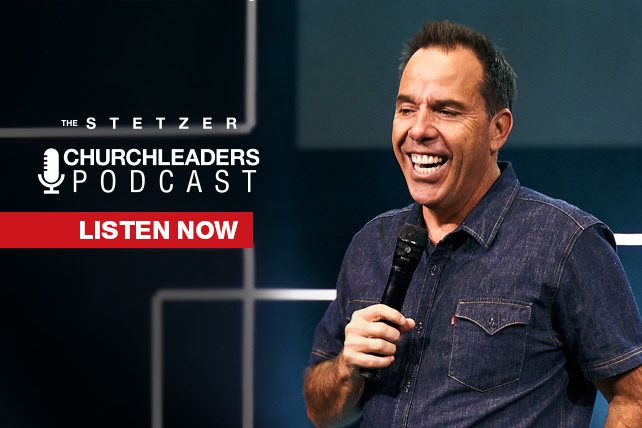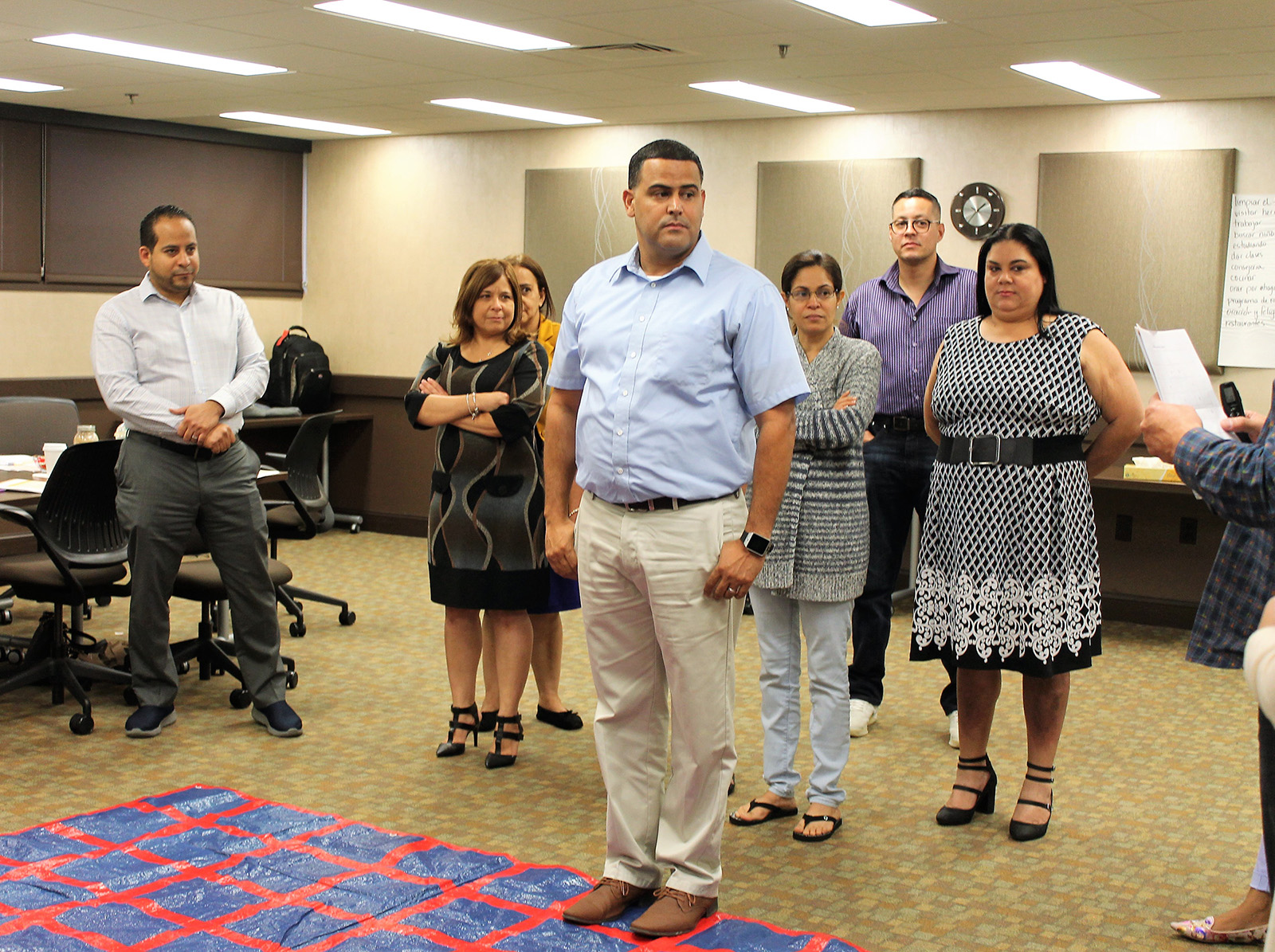LAHORE, Pakistan (Morning Star News) – A third accusation of blasphemy in less than a month compelled Christians fearful of Islamic retribution to flee their homes in an eastern city in Pakistan this week, sources said.
Muslim crowds including members of Islamic extremist groups blocked the main Sargodha-Faisalabad highway for hours on Sunday (July 16) after mosque announcements urged people in Sargodha to protest posters allegedly bearing derogatory caricatures and comments about Muhammad, the prophet of Islam, and his wife Aisha, that were pasted on mosque walls.
“The situation was already tense in Sargodha after two Christians were arrested and charged with blasphemy, but this incident has put the security of the entire community at risk,” former provincial lawmaker Tahir Naveed Chaudhry told Morning Star News.
RELATED: Christian in Pakistan Charged With Blasphemy for Bible Post
The Christian politician told Morning Star News that the 3,500 to 4,000 Christian families of Maryam Town, a suburb of Sargodha, panicked when they heard the announcements.
“The posters were pasted on a mosque’s wall in Green Town which is adjacent to the Christian settlement,” Chauddhry said. “As word of the alleged blasphemy spread, hundreds of angry Muslims started congregating on the highway raising fears of violence in Maryam Town. Thankfully, the police responded in time, and a large contingent was deployed on all entry and exit points of the colony.”
The handwritten posters also reportedly lauded the desecration of the Koran in Sweden last month and were critical of the Abrahamic tradition of animal sacrifice, he added.
“The mosque announcements accused Christians of being involved in the incident because the posters were purportedly written by ‘an unknown soldier of Maryam Town,’” Chaudhry said.
Hundreds of Muslims blocked traffic and burned tires on the Faisalabad road intersection near Maryam Town at about 10 a.m., threatening to take matters into their own hands if police failed to arrest the unknown offender within 48 hours, he said.
The mobs dispersed after police registered a case under Sections 295-A, 295-B, 295-C, and 298-A against an unknown offender and also formed a committee of religious leaders to investigate the incident in coordination with the administration, Chaudhry said.
Another source told Morning Star News that nearly half of the Christian population in the area fled their homes fearing attacks by Muslims.
“Christian settlements across Sargodha district were alarmed when they heard about the protests near Maryam Town,” said Sanawar Balam, a member of the district’s human rights committee. “Though police were deployed in Christian neighborhoods, many Christian families left their homes due to fears of retribution.”
RELATED: Christian Girl Kidnapped by 60-Year-Old Muslim in Pakistan
He said that at least 15 Christian men were taken into custody on Sunday based only on their identity cards stating Maryam Town as their address.
“Most of these men were picked up from the streets when they were shopping for groceries or going for some work,” Balam told Morning Star News. “They were released after interrogation but then more people were taken into custody on Monday and Tuesday. “I believe there are four or five men still in police custody.”
Both Chaudhry and Balam expressed suspicions of a conspiracy against Sargodha’s Christians.
“This third incident points to a deliberate attempt to spark religious unrest and target Christians,” Chaudhry said.
He added that Christians had not opposed arrests and interrogation of their members, “because we want the real culprit or culprits to be arrested.”
“We told police and Islamic leaders that Christians already live in fear due to the abuse of blasphemy accusations,” Chaudhry told Morning Star News. “It’s highly unlikely that anyone would commit such a heinous crime and put the entire community at risk, so we have no objection to a fair investigation.”
Chaudhry said he and others had urged police to consider all angles in the investigation.
“The first call for protests was made from a mosque in Chak 49 Shumaali village, which is about four kilometers away from Maryam Town and is the same from which mobs were summoned in the Haroon Shahzad case,” he said. “There are two other mosques near the mosque where the blasphemous posters were found, but they did not initiate the call for protests. The police must investigate this aspect.”
Blasphemy allegations have led to mob attacks on Christian settlements, especially in Punjab Province.
On July 8, police arrested Zaki Masih after a Sargodha area Muslim accused him of insulting Islam in a Facebook post. On June 30, tension gripped Chak 49 Shumaali village of Sargodha after a Biblical verse posted on Facebook by Haroon Shahzad was deemed to liken Muslims to pagans and disrespect animal sacrifice.
Church of Pakistan President Azad Marshall condemned the incident and called for protection of Christians living in Sargodha.
“No Christian can think of committing such an act,” Marshall told Morning Star News. “In fact, we have always condemned incidents of Koran desecration and supported efforts for religious harmony and mutual respect for each other’s faiths.”
He recalled previous death and destruction in mob attacks on Christian settlements of Shanti Nagar, Gojra, Koriyan, and Joseph Colony due to blasphemy allegations, saying the provincial government and security agencies must ensure the security of Christian lives and property.
The Lahore-based Center for Social Justice noted that 171 blasphemy cases were reported in 2022, 84 in 2021, 208 in 2020, 36 in 2019 and 61 in 2018. At least 2,120 people were accused of committing blasphemy between 1987 and 2022, and Punjab Province topped the list with more than 75 percent of the cases.
Pakistan ranked seventh on Open Doors’ 2023 World Watch List of the most difficult places to be a Christian, up from eighth the previous year.
If you would like to help persecuted Christians, visit https://morningstarnews.org/resources/aid-agencies/ for a list of organizations that can orient you on how to get involved.
© 2023 Morning Star News. Articles/photos may be reprinted with credit to Morning Star News. https://morningstarnews.org





 How do you know when someone loves you?
How do you know when someone loves you? 




















